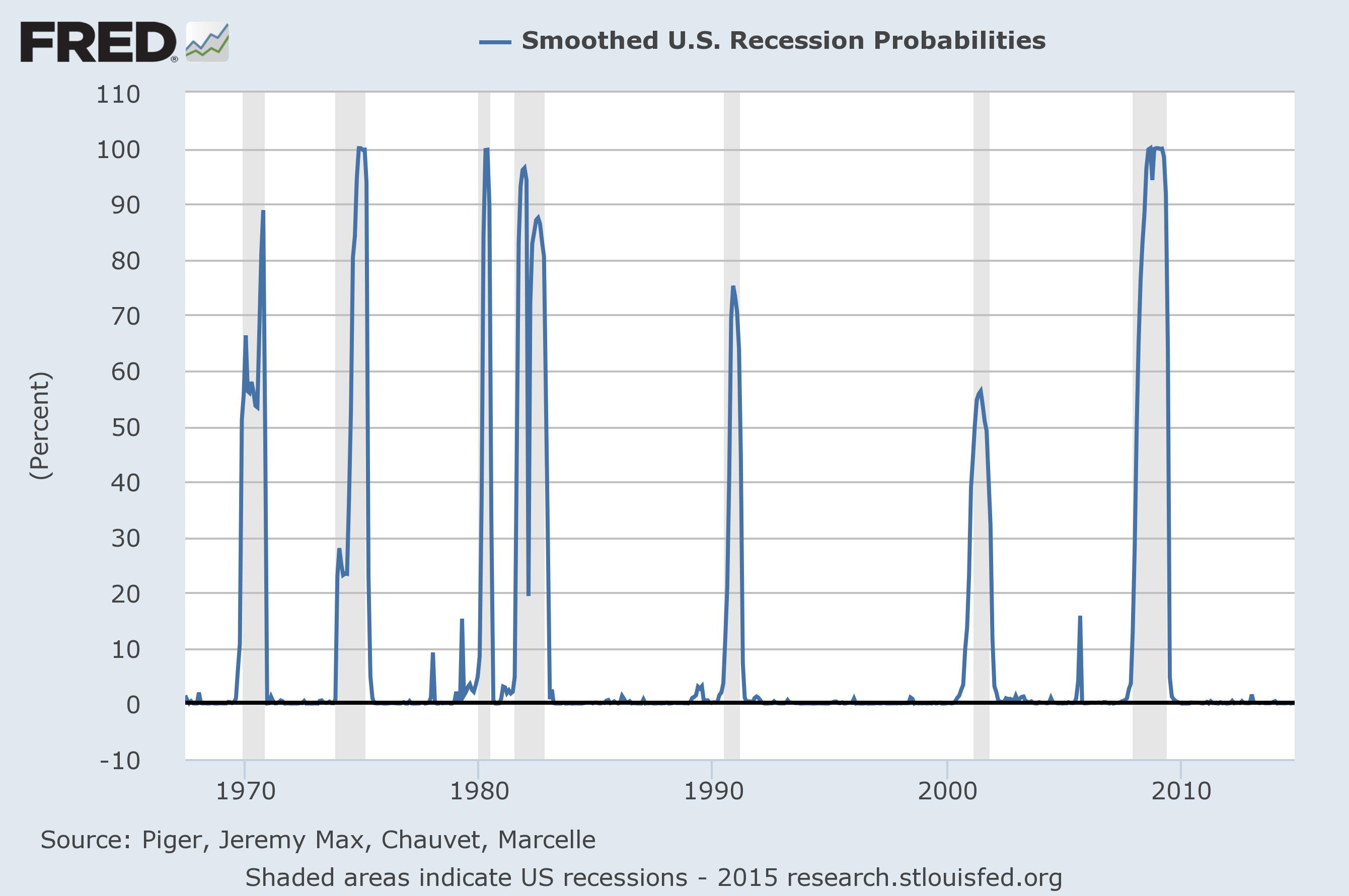A couple of indices that may be useful for macroeconometric modelling are the Purchasing Managers Indices (PMI) and various indices based on Consumer Sentiment. There are many different indices (some being proprietary), so basically, any high-frequency survey data may be useful if your interest is forecasting or nowcasting macroeconomic variables.
The PMI data gets regular attention in the media. For example, see this Bloomberg snippet.
One could imagine that, say, the new exports orders index could be useful in the context of trying to build a leading-indicator econometric model or nowcasting model for a country such as Taiwan; a small open economy dependent on exports.
Consumer Sentiment indices also get regular attention in the media. For example, see this news report from Ireland.
This kind of data, usually available on a monthly frequency, are sometimes referred to as "short-term indicators" and play a role in "nowcasting", which involves trying to obtain early estimates of key macroeconomic variables that are available only on a quarterly basis.
There's a lot of literature on the usefulness of this kind of data and it has become more common to use this kind of data in a mixed-frequency setting.
For examples of publications in this area, see below and the references therein.
- The value of hard and soft data for short-term forecasting of
GDP - by Mary Keeney, Bernard Kennedy and Joelle Liebermann (Central Bank of Ireland).
- Survey-based nowcasting of US growth. A real-time forecast comparison over more than 40 years. - by Antonello D’Agostino and Bernd Schnatz (European Central Bank).
If you want to do some empirical investigation, but do not have access to the proprietary data then you could take a look at indices that are available publicly, such as retail sales, industrial production, residential property prices, and so on.
I hope this answers your question.
Edit: I read in the comments that you'd like to create your own index. If this is the case, a book called Machine Learning for Hackers contains an example in R on how to do this. Refer to the literature on principal components analysis and latent factor models.

